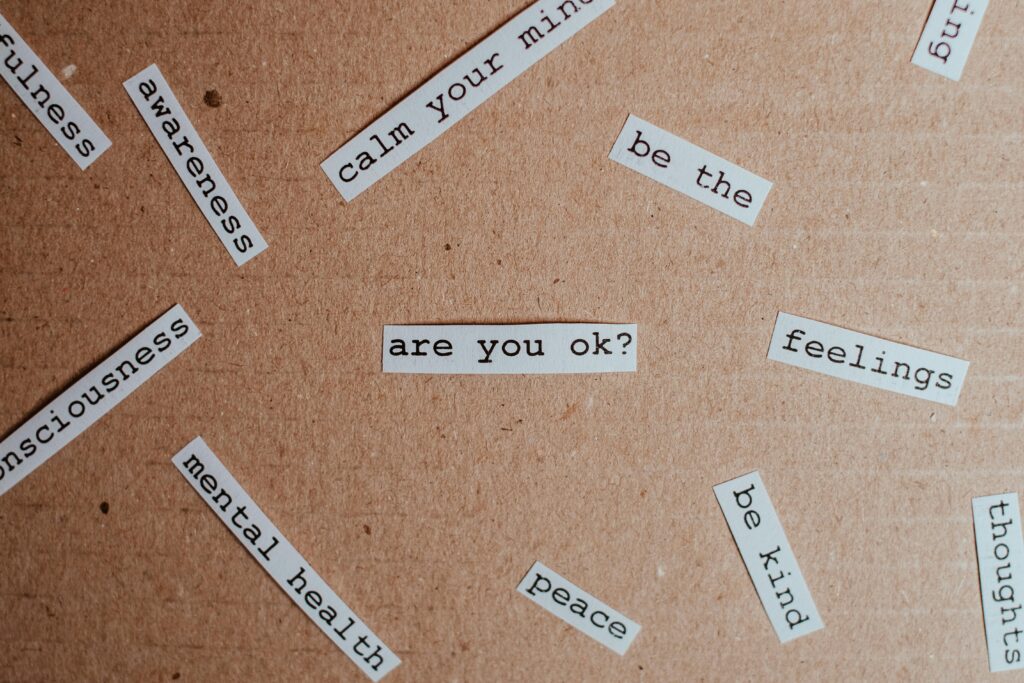
If you’re paying attention to social media of late, there’s a book that’s getting a LOT of attention. It’s called Bad Therapy, written by Abigail Shrier. The basic summary is that children are being over-therapized without reason. She vilifies therapists, parenting experts and other school-based programs, often lumping these professionals together. She posits that well-intentioned programs such as SEL (social-emotional learning) and trauma informed programs at schools are unintentionally harming children by asking them about feelings without context, training, or appropriate responses. The author proposes that, in a world where we’re seeing increased amounts of depression, teen suicide, and loneliness, these programs are not effective. In her book, she provides her analysis of the mental health crisis, suggesting that we are pathologizing normal behaviors.
In many ways, I agree with the author and feel she has some great points. I’ll discuss that here. And, I’m going to explain where she comes up short-sided.
Here’s what I think the author got right. First, I agree that if you’re asking a child or student about feelings, adversity, or trauma and you’re not sure how you’ll respond if they open up, you better not ask. Whenever I educate folks about trauma-informed practices, I encourage them to think about four critical questions:
- What am I asking?
- Why am I asking?
- How will I know if I find it?
- What will I do once I find it?
We should NOT be talking to children about feelings, trauma, stress, or adversity simply to be voyeuristic. We can actually do harm by encouraging a child to open up about feelings, but providing no resources. You wouldn’t rip a band-aid off of a wound if you didn’t know what was under the bandage, or what to do if it was infected, bleeding, or needed triage, would you? Second, the current generation is being flooded with information about feelings and diagnoses. Kids are getting information about mental health from influencers and Tik-Tok. This can be truly dangerous. Combine that with a generation of children who have grown up with an inflated sense of self-importance and poor distress-tolerance skills and what many of us see as practitioners are self-diagnosing adolescents and self-proclaimed mental health junkies. So, I agree with the author there too. There’s something to be said for overly focusing on how we think and feel constantly. In fact, during cognitive-behavioral therapy, we teach clients how to question their thoughts and recognize that our feelings are temporary.
But this author is short-sided. And she seems to focus on the overt behavior of spoiled, middle-class American children. Yet, has she been in a school recently? Or any child-facing organization? Mentorship program? Athletic event? Club activity? In my twenty-five years of working with children and teens, I have never seen behavior so complex or kids so distressed. But to say that all boils down to therapists who want to make a buck, or well-intentioned educational programs stepping outside of their scope by providing trauma-informed, social-emotional learning skills, she’s misguided. We have to take some accountability as adults that we’ve created a generation of kids who have poor distress tolerance and feel entitled to “have it your way” as Burger King offers. We’ve plugged them into screens, given them unlimited social media content, and catered to their feelings of positivity and self-importance. If someone scrap-booked every moment of my life with stickers and three-dimensional widgets, I would feel pretty fragile too when life did not deal me a curated hand of cards.
So, how are we teaching our kids to be resilient? And remember, resilient does not mean “tough” or “gritty” or continuing to persevere on your own. Resilience is built IN relationships, over time, with a nurturing caregiver. Resilience is not innate, it is learned. So, here are some ways to have a different conversation about raising resilient children without blaming therapists and schools, which the author fails to provide.
You can be therapeutic without therapy. Volunteer. Mentor. Coach. Spend time with children, lots of children, not just your own. Create a village of support around your friends’ children and your family. Show up for kids.
- Be unconditional with them. Being unconditional with children doesn’t mean permissive. It means that despite them messing up, they know they’re still loved and worthy.
- Tell kids when they mess up. Stop creating “safe spaces” for kids and, instead, encourage critical problem-solvers, deep thinkers, and brave conversations.
- Decrease the amount of social media kids are exposed to. Most children, if you ask, are addicted to social media platforms. Boundaries create safety for kids. It doesn’t have to be zero tolerance; but clear expectations are critical.
- Narrate their experiences. If the only way children have to process tough feelings are through Tik-tok, Snapchat, or same-age peer groups, they’re probably not learning the lessons you want them too. So, risk being annoying with your kids. Ask them hard questions about friends, hobbies, and relationships.
- Focus on the big picture. No kid looks good under a microscope. If someone had documented, posted, and time-lined every feeling, meal, and milestone I had, I would have felt neurotic. Instead, ask your kids about lessons they’re learning, where they’re headed in life, what they’re hoping and wishing for, and get them future-focused.
- Find a balance between loving and firm. You can be warm, nurturing and caring AND clear, resolute, and balanced. Kids need boundaries. Boundaries create safety. Be the limit and the safety net.
I would love to hear your thoughts if you’ve read any of her books or read responding articles. I will listen with curiosity and openness. We may not agree, which I would expect; but I welcome conversation.